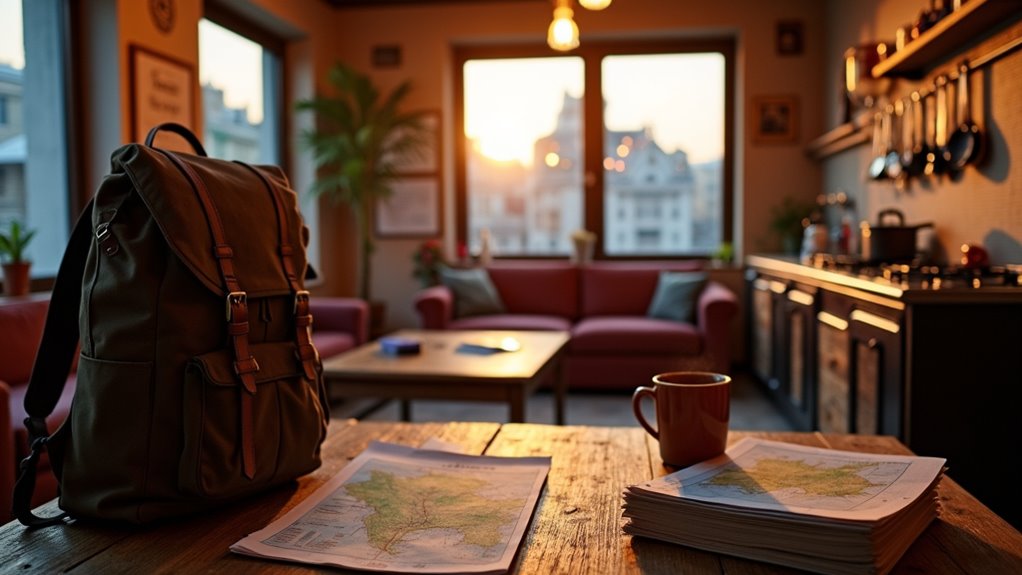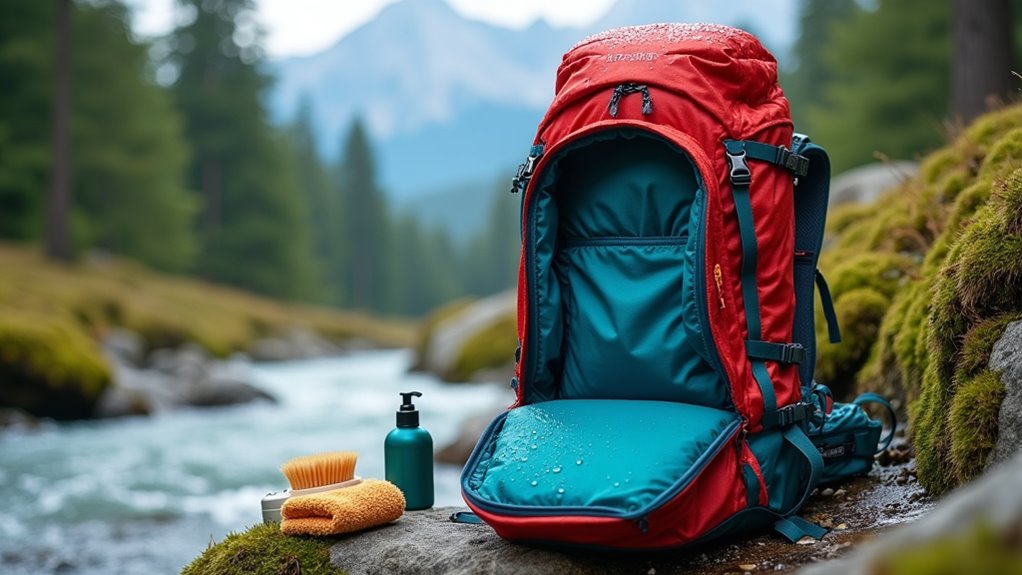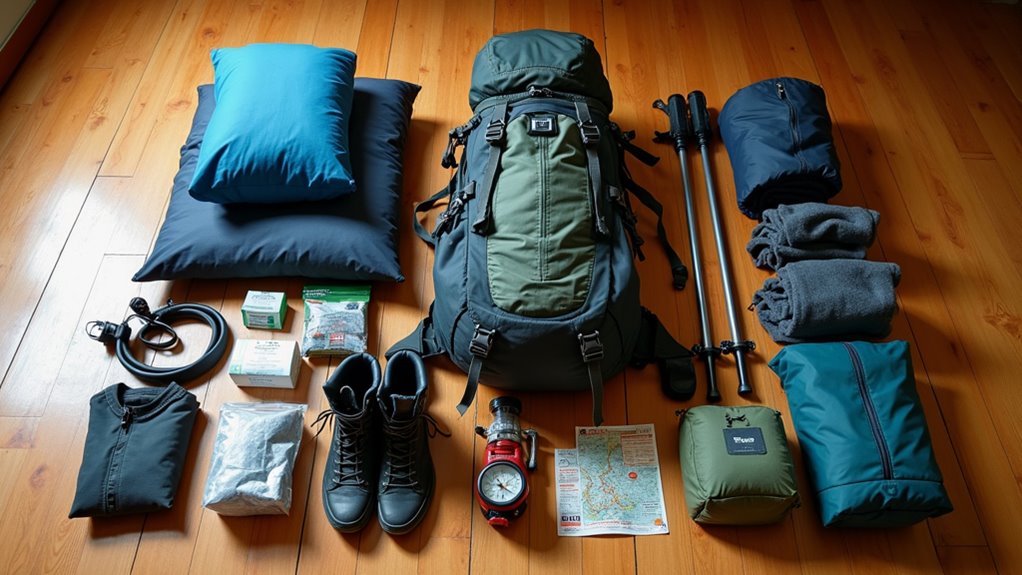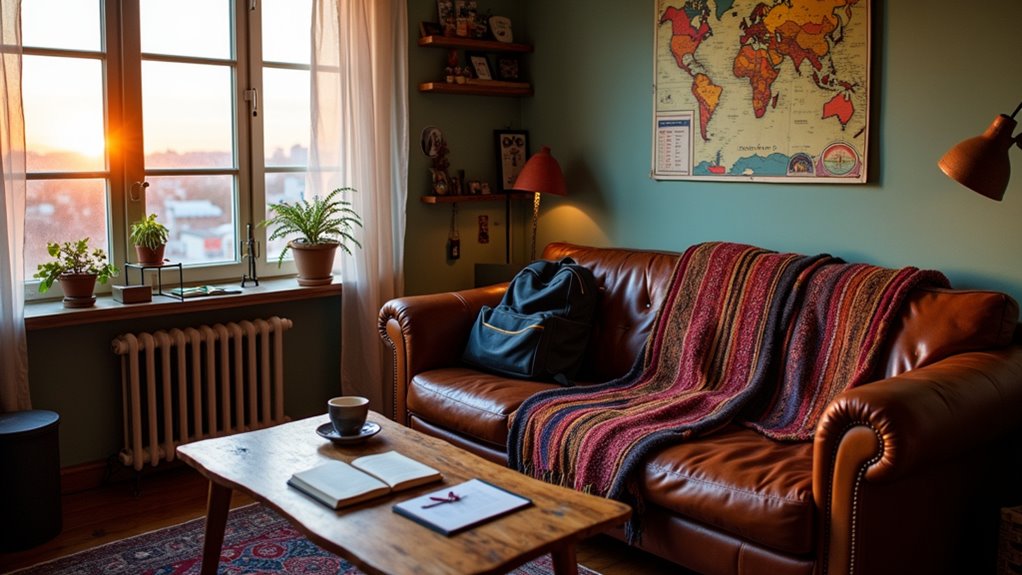If you’re backpacking on a budget, you’ll usually find hostels offer cheaper dorm beds, free amenities, and plenty of opportunities to meet other travelers, especially in major cities. Consider work exchange programs like WWOOF or Worldpackers, where you provide 20-25 hours of work per week in exchange for free accommodation and cultural immersion. Guesthouses are common in Southeast Asia and Latin America, offering affordable private rooms. Alternative choices like homestays or house sitting can also slash travel costs and offer unique local insight—explore further for specific tips.
While Airbnb remains a popular choice among travelers, backpackers seeking affordable, flexible, and culturally immersive experiences have several viable alternatives.
Hostels stand out as a classic option, offering budget-friendly dormitories or private rooms suitable for solo travelers or groups. You’ll often find communal kitchens, social lounges, and organized events like pub crawls or city tours, making it easy to connect with fellow backpackers. Hostels typically provide free amenities such as Wi-Fi, breakfast, or laundry facilities, and are centrally located in major tourist destinations for convenient access.
Hostels offer affordable dorms or private rooms, lively social spaces, and free amenities—perfect for meeting fellow travelers in prime city locations.
Work exchange programs, facilitated by platforms like Worldpackers and WWOOF, allow you to trade 20-25 hours of weekly work for free accommodation. Tasks may involve farm labor, hostel maintenance, or helping with local projects, offering you direct cultural immersion and opportunities to build practical skills. Many hosts include meals or workshops, and since stays can be extended, these programs help lower your long-term travel costs considerably. WWOOFing is a way to experience rural life while contributing positively to farming practices.]
Guest houses and boutique hotels offer private rooms, often at mid-range prices, with amenities like en-suite bathrooms, air conditioning, and Wi-Fi. If you prefer a quieter atmosphere and more personal interaction, family-run establishments can provide valuable local tips and a comfortable blend of authenticity and convenience. These options are especially prevalent in regions like Southeast Asia and Latin America, where unique decor and themes add to your travel experience.
House rentals through platforms like VRBO provide entire apartments or homes, making them practical if you’re traveling in a group. You’ll benefit from full kitchens, laundry facilities, and free parking, which support cost-effective, longer stays. Communication with hosts can lead to tailored recommendations, and these rentals are often more economical per person than comparable hotels.
Homestays involve lodging with local families, offering lower nightly rates and opportunities for language practice and authentic meals. Platforms like Homestay.com verify hosts, ensuring a level of reliability.
For outdoor enthusiasts or those prioritizing sustainability, glamping sites and eco-lodges combine comfort with access to natural settings, often near national parks.
Finally, house sitting lets you stay free in exchange for caring for homes and pets, providing stability and full amenities between destinations.









